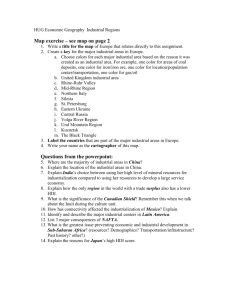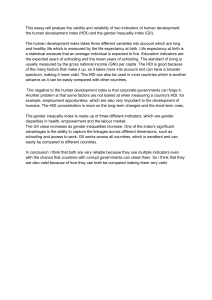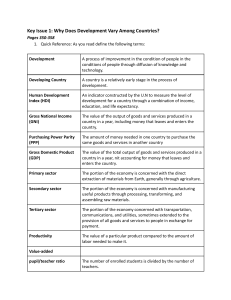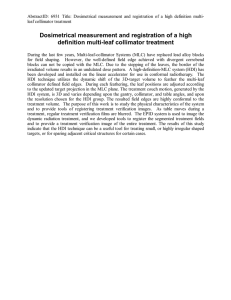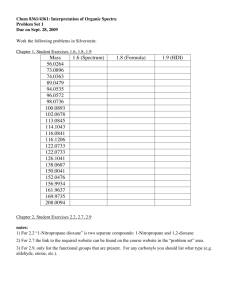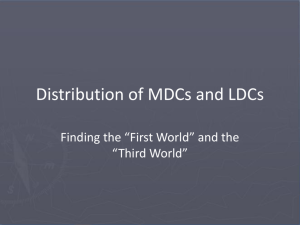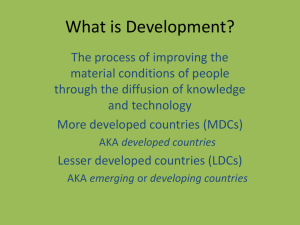Distribution of LDCs and MDCs
advertisement
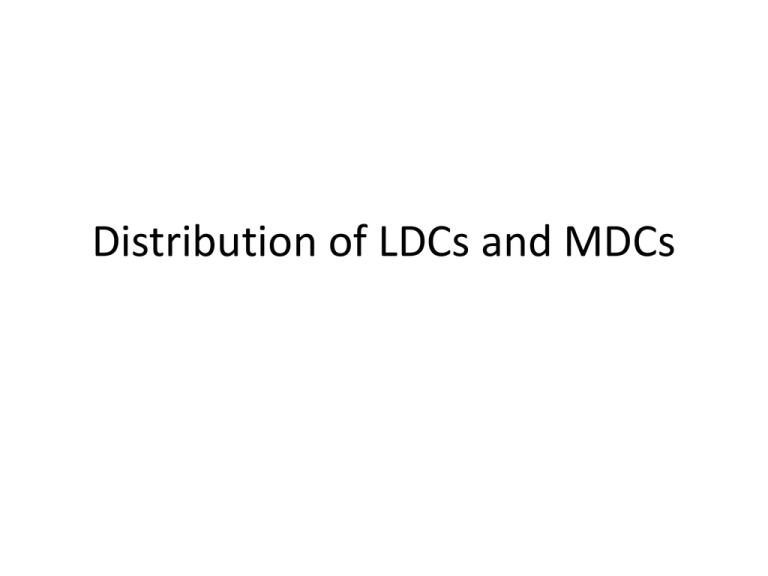
Distribution of LDCs and MDCs Regions • There are 9 geographical regions. • 2 are considered more development: North America and Europe. • Latin America, East Asia, Central Asia, West Asia, Sub-Saharan Africa, South Asia are all less developed. • Reflects a global pattern. Draw a line at 30 degrees north latitude. North America: 0.95 • • • • • 2009: Ranked 13th Near the top for GDP and literacy rate Lower in education and life expectancy. What factors contribute to this? N.A. highest percentage of tertiary sector employees. • World’s leading food exporter. Europe 0.93 • Elimination of economic barriers has made it the largest and richest market. • Highest areas: western Germany, northeastern France, northern Italy, Switzerland, southern Scandanavia, southeastern U.K., Belgium, Netherlands, Luxembourg. • Southern and Eastern Europe are what brings the HDI of Europe below that of North America. Russia 0.73 • Communism caused economic instability and a sharp decline in HDI. • In 2000 they experienced economic growth fueled by production of oil. Japan 0.96 • A 3rd area of high HDI despite having a high ratio of population to resources. • Asset: high number of people willing to work hard for low wages. • Gained their foothold in the world economy selling low cost products, they began manufacturing high quality, high value products. Oceania 0.90 • Have access to important minerals and food. • Their economies are tied to Japan and other Asian countries. Latin America 0.82


